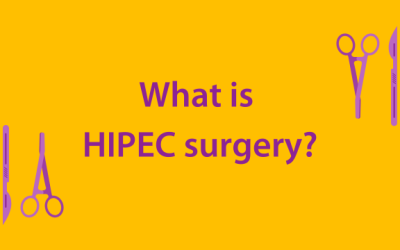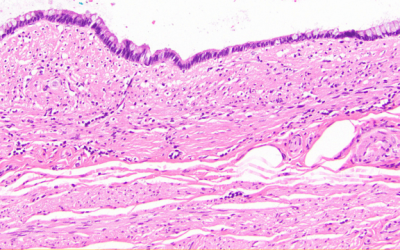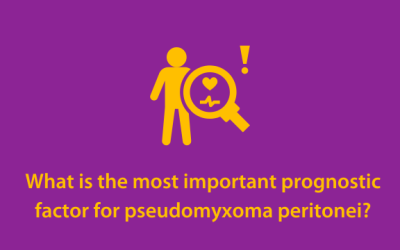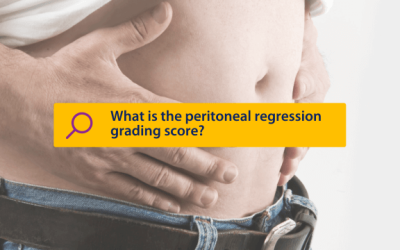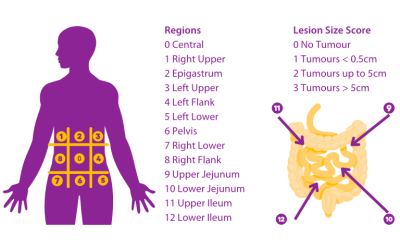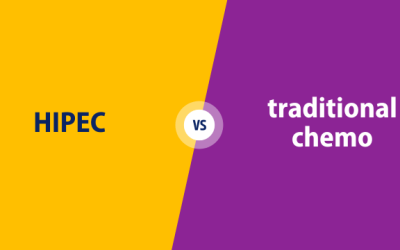

Frequently Asked Questions
Welcome to our FAQ page for pseudomyxoma peritonei (PMP) and appendix cancers. PMP is a rare cancer that affects the abdominal cavity, while appendix cancer is a malignancy that arises from the cells of the appendix. Both types of cancer can be difficult to diagnose and treat due to their rarity and complex nature. On this page, we have compiled a list of frequently asked questions related to PMP and appendix cancers to help provide you with information and resources on these conditions. Our aim is to provide answers to some of the most common questions and concerns related to PMP and appendix cancers, and to offer support and guidance for those affected by these rare diseases.What is HIPEC surgery?
HIPEC is a cancer treatment that involves surgery and heated chemotherapy. It’s used for advanced abdominal cancers like pseudomyxoma peritonei.
Will exercising cause pseudomyxoma peritonei (PMP) to spread?
Engaging in exercise is generally beneficial for overall health and well-being, even for individuals with pseudomyxoma peritonei (PMP). Exercise can help improve cardiovascular fitness, strengthen muscles, boost immune function, enhance mood, and promote a sense of...
Why is HIPEC controversial?
Some doctors still view HIPEC (hyperthermic intraperitoneal chemotherapy) as a controversial procedure for multiple reasons.
How are goblet cell adenocarcinomas treated?
Once a doctor has determined that someone has Goblet Cell Adenocarcinoma, they will need to do tests to see how far the cancer has spread.
What is adenocarcinoma ex-goblet cell?
Adenocarcinoma Ex-Goblet Cell of the appendix is a type of cancer that originates from the cells that line the inside of the appendix.
What is goblet cell adencarcinoma
Goblet cell adenocarcinoma is a rare type of cancer that arises from cells that are normally present in the lining of the appendix.
Is pseudomyxoma peritonei a cancer?
Yes, pseudomyxoma peritonei (PMP) is a rare cancer that usually starts in the appendix and can spread to the peritoneum, which is the lining of the abdominal cavity.
What are some of the factors that can impact the prognosis for PMP?
There are several factors that can impact the prognosis for Pseudomyxoma peritonei (PMP), including the histological grade of the tumour
How’s PMP diagnosed?
Pseudomyxoma peritonei is usually found during an unrelated procedure such as during an operation for something else.
My dad has pseudomyxoma peritonei. Should I have my appendix out?
If a blood relative has been diagnosed with PMP, you may be wondering if you should have your appendix removed as a preventative measure.
What is the most important prognostic factor for pseudomyxoma peritonei?
The key prognostic factor for pseudomyxoma peritonei is how completely the cytoreduction surgery removes all visible tumours.What is the most important prognostic factor for pseudomyxoma peritonei?
Am I a candidate for HIPEC?
The eligibility for HIPEC depends on various factors such as the type and stage of cancer, extent of cancer spread, and overall health status.
My doctor has diagnosed appendix cancer, why do I need a second opinion?
If you have been diagnosed with appendix cancer, it is vital to seek a second opinion from an experienced physician who has seen and treated numerous cases of the disease.
Is cancer of the appendix genetic?
A recent study in JAMA Oncology revealed that around 10% of individuals diagnosed with appendiceal cancer have an inherited genetic variant that increases their risk for cancer predisposition. This is the first study to identify inherited risk factors for this uncommon type of cancer.
What is the peritoneal regression grading score?
Doctors use a score called PRGS to see how much a treatment called cytoreductive surgery and HIPEC helps people with PMP and appendix cancer.
Is cancer of the appendix curable?
The treatment and curability of cancer of the appendix depends on various factors such as the type of cancer, the stage of cancer, and the overall health of the patient.
What is the PCI score?
Doctors use the PCI score to help guide treatment options for Pseudomyxoma Peritonei (PMP) and other cancers that affect the lining of the abdomen.
How is HIPEC different than traditional chemotherapy?
HIPEC is a special kind of chemotherapy that is used to treat cancer in the abdomen.
The content of these FAQs is provided for educational and informational purposes only and is not intended as a substitute for medical advice. Every patient’s case is unique, and it is important to consult with your healthcare provider regarding your individual situation. While we strive to ensure the accuracy of the information provided, we make no representations or warranties of any kind, express or implied, about the completeness, accuracy, reliability, suitability, or availability with respect to the information contained herein. Any reliance you place on such information is therefore strictly at your own risk.
Home > Frequently asked Questions

